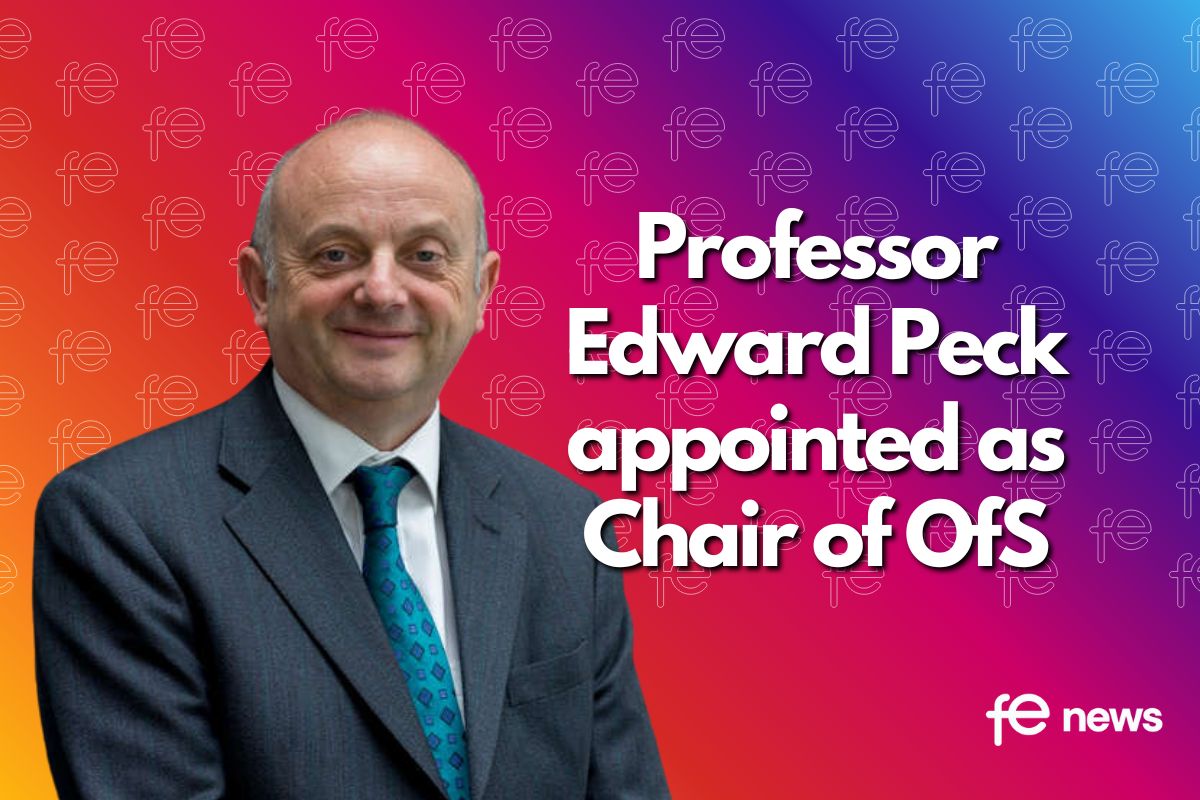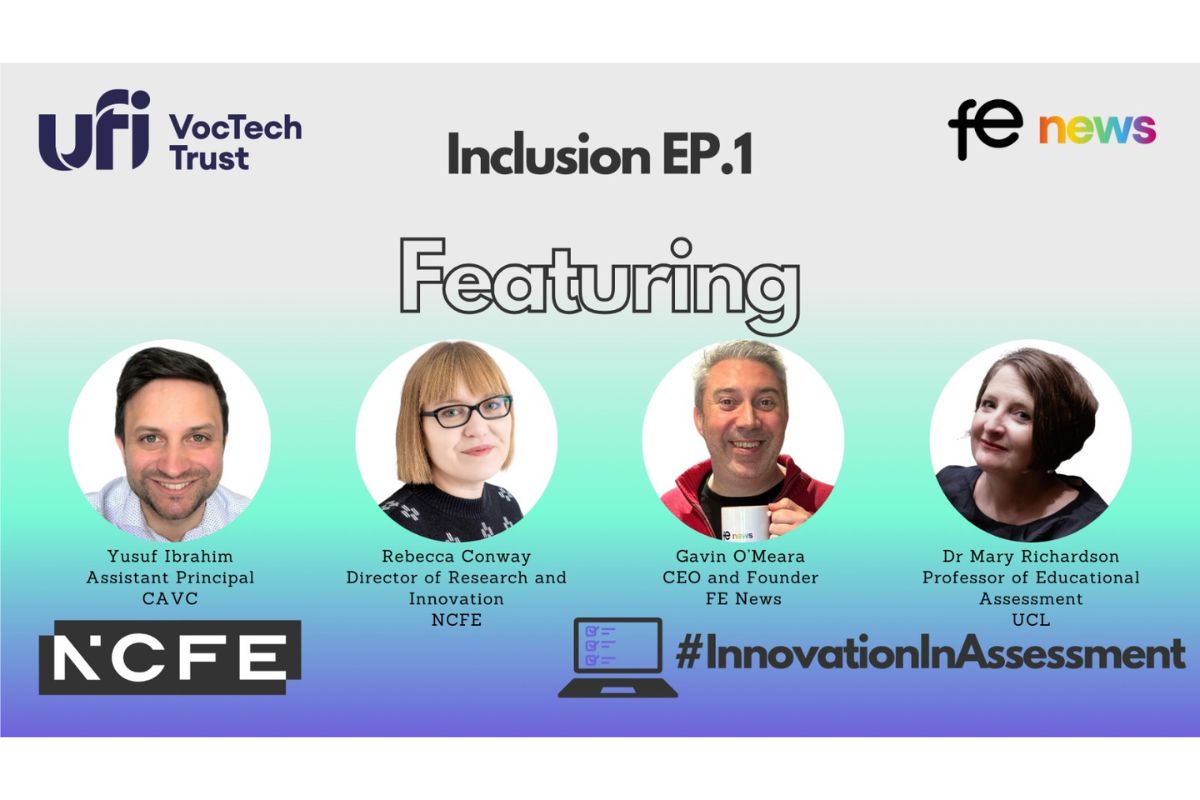What can the education sector expect in 2018?

As 2017 draws to a close, Lisa Randall, head of education at RSM predicts some of the key themes for the education sector as we head into 2018.
A technical approach
The Industrial Strategy white paper confirms that a review of level 4 and 5 technical education will take place as well as setting out the continued progress towards T Levels. The Institutes of Technology, alongside the four national colleges, will provide high profile specialist technical education to grow the UK skills base to meet future needs. Will ‘parity of esteem’ finally be achieved for technical and academic education in 2018?
From cradle to adulthood
The emergence of ‘all through’ multi academy trusts, means a child can enter the nursery as a baby and leave as an 18-year-old adult. Planning the student journey has always been important, and the transition from one stage of education to another has often been seen as a ‘rite of passage’, but will the new approach reduce a student’s ability to adapt to change and new environments?
Outcomes
Education can be assessed on inputs (teaching) and outputs (learning), and now on what the student does afterwards. The focus on continuing in education or entering employment has become a key part of the measurement framework for further and higher education institutions.
A holistic approach to students and their wellbeing
Safeguarding, the prevent duty, mental health, the ‘obesity epidemic’ are all areas that now fall into the job description for those working in education. The increasing expectations on the education sector to nurture the whole student will be a focus in 2018.
Senior staff salaries
Vice Chancellors’ pay has been under the spotlight, and the future Office for Students will require universities to report any salaries over £150,000 and explain the reasons for these. HEFCE has also announced that it has been asked to investigate the governance over the exit payment made to a particular Vice Chancellor. The issue of Vice Chancellor and senior staff pay continued to generate media headlines in 2017, and will continue to do so next year.
A change in focus
As HEFCE is replaced by the Office for Students in 2018, they will take over regulation of the higher education sector, and it is likely that, as the name suggests, their focus will be on regulation for the benefit of current and future students rather than regulation for the benefit of higher education institutions. This change in focus could have far reaching implications, as the first stakeholders of the Office for Students will no longer be higher education institutions.
Insolvency and intervention
In further education, the consultation on the insolvency regime is underway. The area review process conducted over the last few years resulted in many recommendations for mergers, a number of which fell through or changed. As we head into the new year, how will those that were, and continue to struggle, manage financially? A number of colleges remain under the ESFA’s intervention policy, so will we see our first insolvency case in the sector in 2018?
Salaries and compliance
The academy sector, in a similar vein to higher education, has seen a higher level of focus on the pay of Multi-Academy Trust CEOs. The ESFA has also been clear that missing two or more submission deadlines for financial returns will result in the name of the trust being published in the public domain. As the academy sector continues to mature, governance, risk management and control frameworks will start to become more robust.
Earned autonomy?
Across the education sector there is an interesting theme emerging regarding the balance between autonomy versus regulation, and this looks set to continue throughout 2018.
Lisa Randall, Head of Education at RSM











Responses